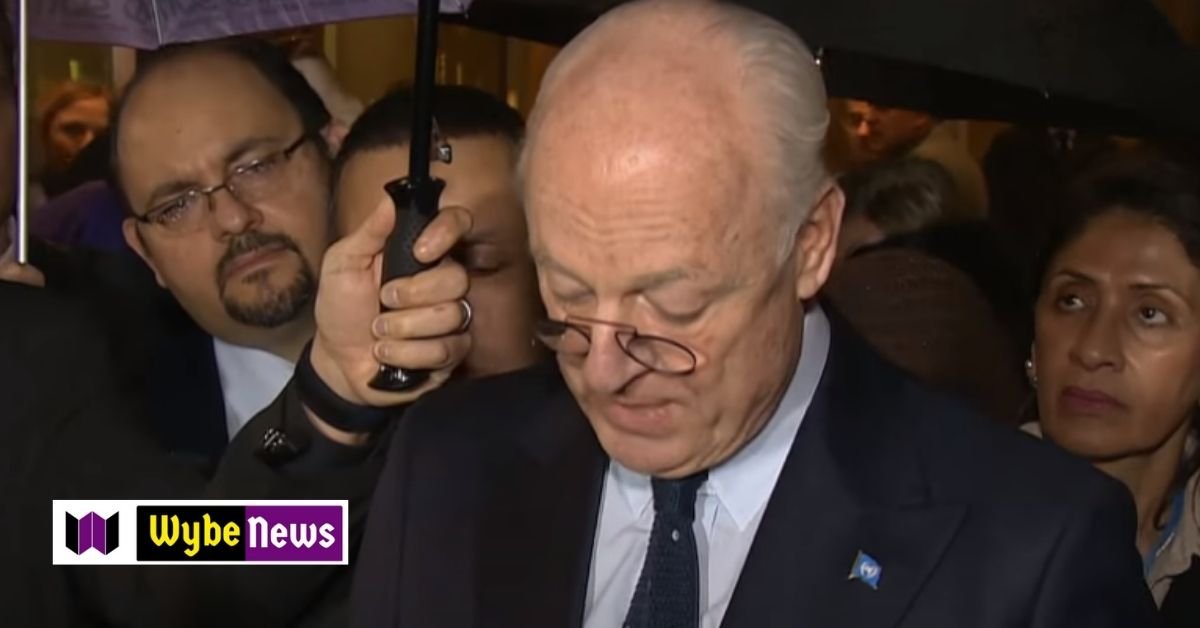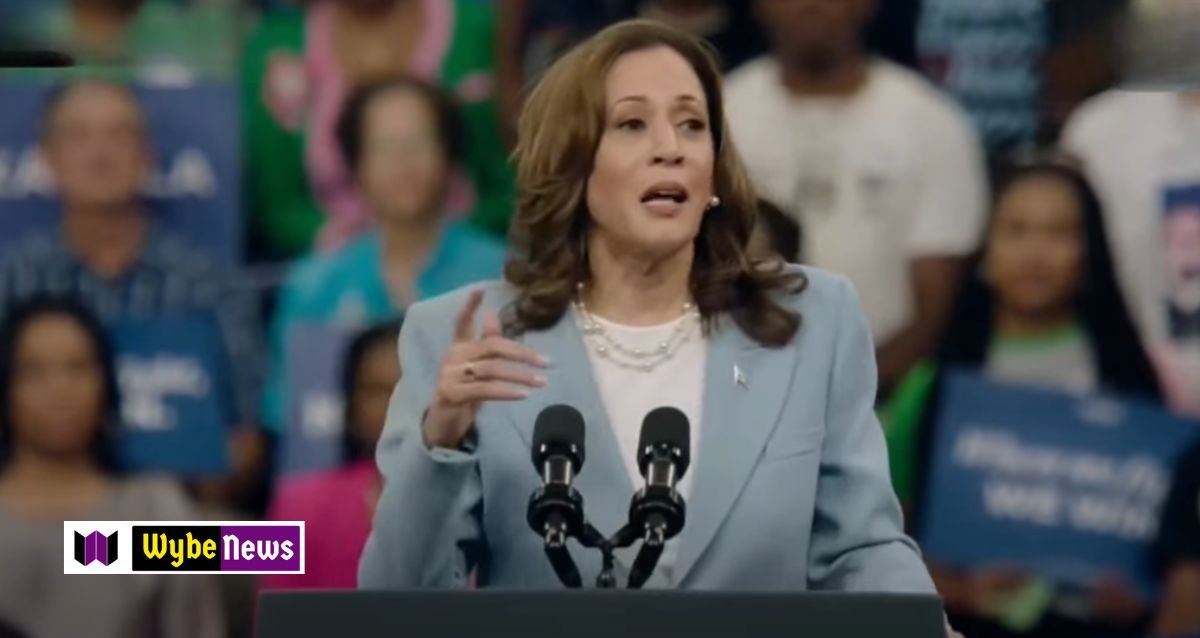A United Nations Envoy’s Visit to Western Sahara: Reviving Negotiations for a Disputed Region

A United Nations Envoy’s Visit to Western Sahara
A United Nations envoy recently made his first visit to Western Sahara, pledging to advance the political process in the disputed region. The visit comes as the United Nations doubles down on its commitment to revive stalled negotiations over Western Sahara, with the release of a highly anticipated U.N. report next month.
The envoy, Staffan de Mistura, was appointed in 2021 to oversee U.N. efforts in Western Sahara, which has been a contentious issue for over three decades. The conflict began in 1975 when Morocco annexed Western Sahara, a former Spanish colony, leading to a dispute with the pro-independence Polisario Front.
Western Sahara is known to have significant offshore oil deposits and mineral resources, and it is slightly larger than the United Kingdom. In 1991, the U.N. brokered a cease-fire and established a peacekeeping mission to monitor the truce and prepare for a referendum on the territory’s future. However, disagreements over voter eligibility have prevented the referendum from taking place.
In 2020, the Polisario Front renewed armed conflict, ending a 29-year truce. Later that year, the United States broke with its past policy and recognized Morocco’s claim over the disputed territory as part of an agreement in which Morocco normalized relations with Israel.
Renewed Efforts and Consultations
During his visit, de Mistura met with officials in Morocco’s capital and toured Dakhla and Laayoune, the two largest cities in Western Sahara. The United Nations stated that de Mistura “looked forward to further deepening consultations with all concerned on the prospects of constructively advancing the political process on Western Sahara.”
Since taking office, U.S. President Joe Biden has maintained the Trump-era recognition of Morocco’s claims. The Biden administration has expressed support for the United Nations and de Mistura’s renewed efforts. Deputy Assistant Secretary for North Africa, Joshua Harris, also visited the region, including Rabat, Algiers, and the camps in southern Algeria where thousands of Sahrawi refugees reside.
The U.S. embassy in Morocco reiterated the country’s position, viewing Morocco’s plan as “serious, credible, and realistic” and as one potential approach to meeting the aspirations of the people of Western Sahara.






